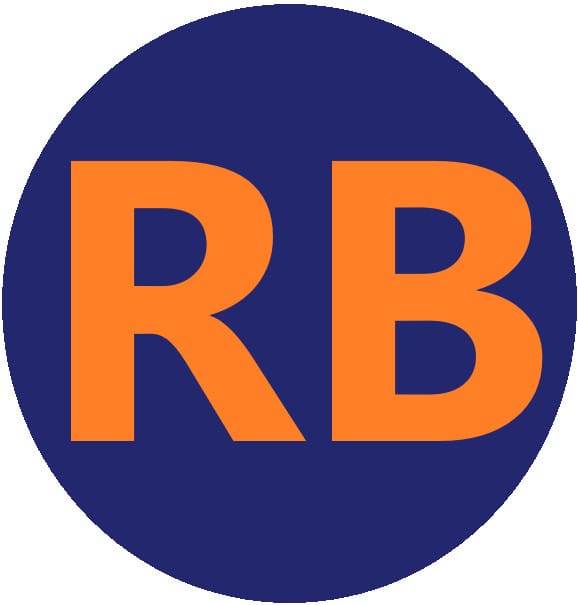Diving certifications provide a structured way for individuals to learn and advance their underwater skills safely. Each certification level is designed to meet specific needs, whether you’re a beginner or aiming for professional-level diving.
Table of Contents
- What Are Diving Certifications?
- Beginner Certifications
- Intermediate Certifications
- Advanced Certifications
- Specialty Certifications
- Professional Certifications
- Comparison Table of Certification Levels
- Frequently Asked Questions (FAQs)
- Key Takeaways
1. What Are Diving Certifications?
Diving certifications are credentials issued by organizations like PADI, NAUI, or SSI to certify that an individual has completed training for a specific level of diving competence. These certifications are essential for safety, skill development, and access to certain dive sites or activities.
2. Beginner Certifications
Discover Scuba Diving (Introductory Program)
- Purpose: Introduces the basics of scuba diving in a controlled environment.
- Requirements: No prior experience; minimum age of 10.
- Limitations: Typically not a full certification and limited to supervised dives.
Open Water Diver
- Purpose: Provides foundational skills for independent diving.
- Requirements: Must complete coursework, confined water dives, and open water dives.
- Depth Limit: Up to 18 meters (60 feet).
- Example Scenario: Exploring a shallow reef with a buddy.
3. Intermediate Certifications
Advanced Open Water Diver
- Purpose: Builds on basic skills and introduces specialized diving activities.
- Requirements: Open Water Diver certification.
- Depth Limit: Up to 30 meters (100 feet).
- Example Dives: Deep diving, night diving, or navigation.
Rescue Diver
- Purpose: Focuses on emergency management and rescue techniques.
- Requirements: Advanced Open Water certification and CPR training.
- Key Skills: Assisting distressed divers, underwater search techniques.
4. Advanced Certifications
Master Scuba Diver
- Purpose: Recognizes a high level of proficiency and experience.
- Requirements: Rescue Diver certification and at least five specialty certifications.
- Experience Needed: 50 logged dives.
5. Specialty Certifications
Specialty certifications allow divers to focus on specific interests or environments. Examples include:
- Nitrox Diver: Learn to dive using enriched air for longer bottom times.
- Wreck Diver: Explore shipwrecks safely.
- Underwater Photographer: Develop skills for capturing underwater images.
- Cave Diver: Master techniques for diving in caves and enclosed spaces.
6. Professional Certifications
Divemaster
- Purpose: The first professional level, allowing you to assist instructors and lead dives.
- Requirements: Rescue Diver certification, advanced skills, and leadership training.
Instructor
- Purpose: Teaches others to dive and issue certifications.
- Requirements: Divemaster certification and instructor development training.
7. Comparison Table of Certification Levels
| Level | Depth Limit | Key Skills | Typical Cost (USD) |
|---|---|---|---|
| Discover Scuba | 12 meters (40 ft) | Basic underwater breathing | $50-$100 |
| Open Water Diver | 18 meters (60 ft) | Independent diving basics | $300-$500 |
| Advanced Open Water | 30 meters (100 ft) | Specialized dives | $200-$400 |
| Rescue Diver | 30 meters (100 ft) | Emergency management | $300-$500 |
| Divemaster | 40 meters (130 ft) | Leadership and supervision | $800-$1500 |
8. Frequently Asked Questions (FAQs)
Q: Do certifications expire?
A: Most certifications do not expire, but it is recommended to refresh skills if you haven’t dived in a while.
Q: How do I choose the right certification level?
A: Consider your experience, diving goals, and interest in specific environments or activities.
Q: Can I start directly with Advanced Open Water?
A: No, you must complete Open Water Diver certification first.
9. Key Takeaways
- Certifications are essential for safe and enjoyable diving.
- Start with beginner levels and progress based on your goals and interests.
- Specialty and professional certifications allow for deeper exploration and career opportunities.
With the right certification, you can unlock new underwater adventures and build a lifetime of diving memories!
*Disclaimer: The content in this post is for informational purposes only. The views expressed are those of the author and may not reflect those of any affiliated organizations. No guarantees are made regarding the accuracy or reliability of the information. Use at your own risk.
